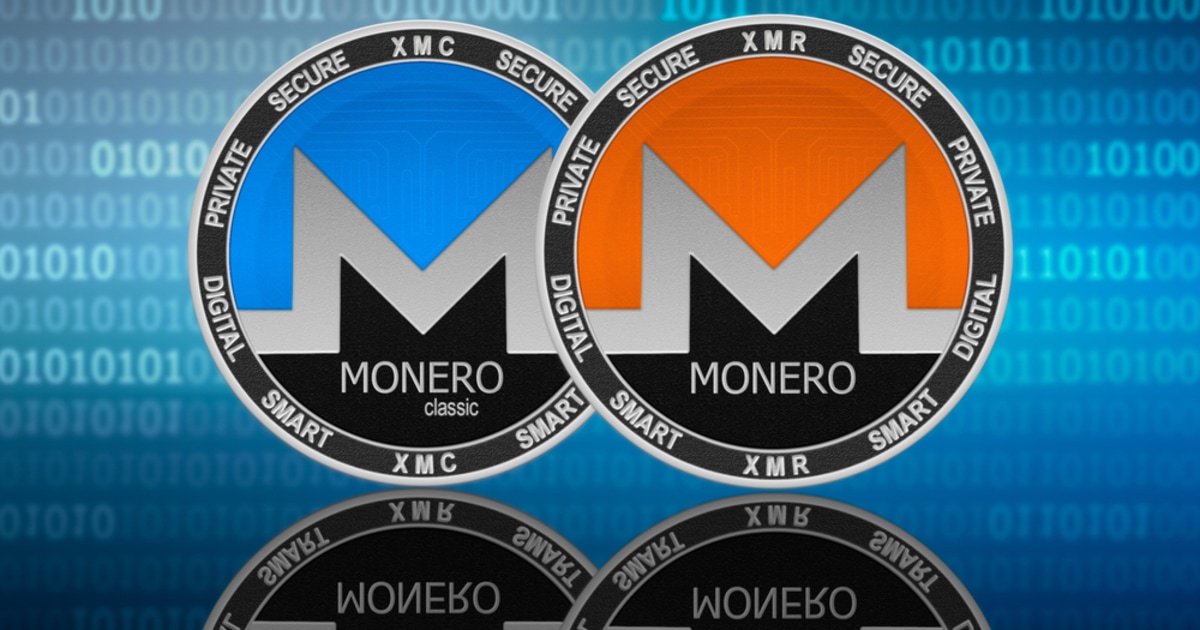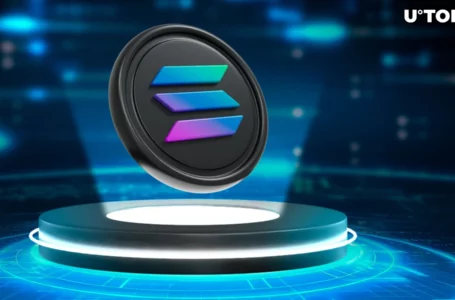
Cryptocurrencies are increasing in popularity. These are virtual or digital currencies that are decentralized and can be used to trade or spend using blockchain technology. Many of them are aimed to enhance privacy and anonymity, and whether they achieve success is unpredictable. A few of these currencies allow public viewing of all transactions, while others make privacy optional. And still, others keep the privacy feature strictly implicit.
When most of us think of cryptocurrencies, Bitcoin is usually the first one that comes to mind. It was one of the first of its kind, using peer-to-peer technology to allow users to make payments with their coins. But there’s another currency that has achieved a high level of popularity and acceptance, mainly for its privacy-oriented features. This one is called Monero (XMR). This article explains the key concepts, features, and challenges of Monero.
Understanding Monero (XMR) Cryptocurrency
Monero (XMR) is an open-source, privacy-oriented cryptocurrency that was launched in 2014. It is built and operates on the concept. These blockchains, which form the underlying technology behind digital currencies, are public ledgers of participants’ activities that show all the transactions on the network. Monero’s blockchain is intentionally configured to be opaque. It makes transaction details, like the identity of senders and recipients, and the amount of every transaction, anonymous by disguising the addresses used by participants.
Along with anonymity, the mining process for Monero is based on an egalitarian concept. This is the principle that all people are equal and deserve equal opportunities. Its developers did not keep any stake for themselves when they launched Monero but they did bank on contributions and community support to further develop the virtual currency. As of Aug. 26, 2021, Monero was trading at $295.05 and had a market capitalization of $5.3 billion.That’s a stark difference from the closing price of $89.12 on Aug. 26, 2020. The market cap on that date was $1.58 billion.
How Is Monero Different from Bitcoin?
As mentioned above, Bitcoin is the most popular cryptocurrency on the market. It works on a protocol that attempts to shield the participant’s identity using pseudo name addresses. These pseudo names are randomly generated combinations of alphabets and numbers.
But this approach offers limited privacy as both Bitcoin addresses and transactions are registered on the blockchain, opening them to public access. Even pseudonymous addresses are not fully private. A few transactions carried on by a participant over time can be linked to the same address, allowing the possibility of others to become aware of an address owner’s trends and their identity.
Another advantage of Monero (XMR) over bitcoin is fungibility. This means that two units of a currency can be mutually substituted with no difference between them. While two $1 bills are equal in value, they are not fungible, as each carries a unique serial number. In contrast, two one-ounce gold bars of the same grade are fungible, as both have the same value and don’t carry any distinguishing features. Using this analogy, a bitcoin is the $1 bill, while a Monero is that piece of gold.
Monero (XMR) has a non-traceable transaction history, which offers participants a much safer network where they don’t run the risk of having their held units be refused or blacklisted by others.
How Does Monero Improve Privacy?
Monero (XMR) alleviates privacy concerns using the concepts of ring signatures and stealth addresses. Ring signatures enable a sender to conceal their identity from other participants in a group. Ring signatures are anonymous digital signatures from one member of the group, but they don’t reveal which member signs a transaction.
To generate a ring signature, the Monero platform uses a combination of a sender’s account keys and clubs it with public keys on the blockchain. This makes it unique as well as private. It hides the sender’s identity, as it is computationally impossible to ascertain which of the group members’ keys was used to produce the complex signature.
Stealth addresses add additional privacy, as these randomly generated addresses for one-time use are created for each transaction on behalf of the recipient. The use of these stealth addresses enables concealing the actual destination address of a transaction, and it hides the identity of the receiving participant.5
Ring Confidential Transactions, or RingCT, also enable hiding the amount of a transaction. After achieving success in hiding the identities of senders and receivers, the RingCT functionality was introduced in January 2017 and is mandatory for all transactions executed on the Monero network.
Monero’s Challenges
While privacy fuels the rapid adoption of Monero (XMR), it also brings with it several challenges. For instance, the non-traceability and privacy features allow them to be used for disreputable purposes and at questionable marketplaces, including those like drugs and gambling. This is one of the reasons why markets that were popular on the dark web, like AlphaBay and Oasis, showed increased use of Monero before they were shut down.
Reports by CNBC cite the case of hackers creating malicious software that infected computers to mine Monero and send it to North Korea. Monero is essentially open to be used for illicit activities and for evading law enforcement, as it remains outside of capital controls with no traceability.
Bottom Line
The privacy-rich attributes have helped Monero (XMR) become a recognizable cryptocurrency and one to keep an eye on. Investors can trade in Monero on leading cryptocurrency exchanges like Kraken, Poloniex, and Bitfinex. However, it’s important to remember that what makes Monero so popular—namely, its privacy features—can also lead to some major challenges, such as its use in illegal activities.



















